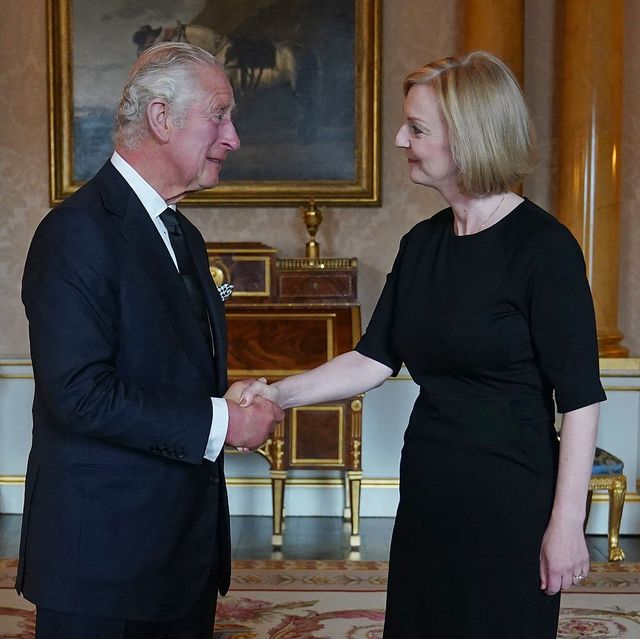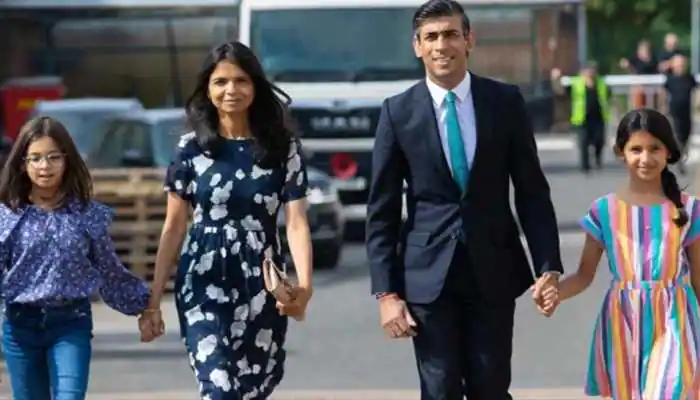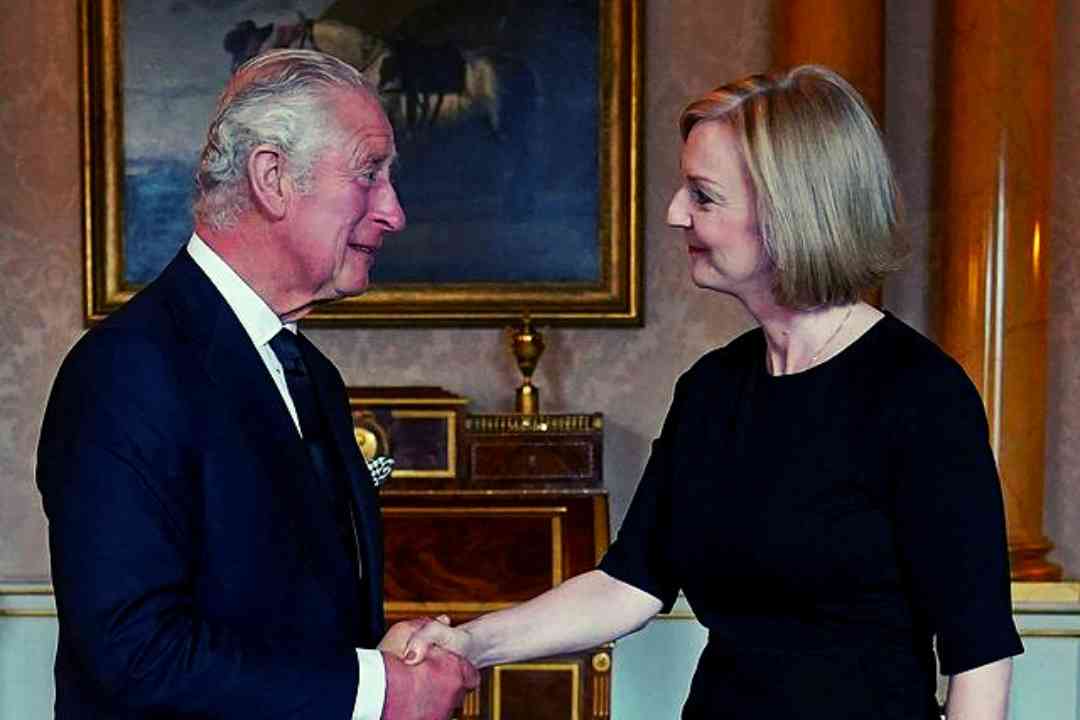As quickly as it started, it was over. The shortest-serving prime minister in British history, Ms. Truss announced her resignation on Thursday, 20th October, outside Downing Street. Her mini-budget plan, which called for top-rate tax reductions, was largely to blame for Ms. Truss' tragedy. The UK markets were rocked by her decision to enact the budget, and even Conservative Party members were harshly critical of her government.
“She’s done a U-turn on the policy on which she became prime minister. She’s thrown her best ideological pal under the bus and she’s refused to take questions and done a runner. She’s got to go,” one of the former cabinet ministers had quipped. After a meeting with Graham Brady, the head of the 1922 Committee—a collection of Conservative MPs without ministerial posts who have the power to pass no-confidence motions against the Prime Minister—she announced her resignation.

Speaking outside Downing Street, Truss declared that she was unable to carry out the mandate for which she had been elected and that she would step down from her position once her replacement had been selected in a party leadership election. According to the chairman of a powerful party committee, that procedure will be finished in less than a week.
Ms Truss was defeated by an overwhelming vote of no confidence during the meeting in Downing Street, despite her apology and assurances that she had no plans to leave. According to reports, during the hour-long discussion, 17 MPs publicly called for Truss to resign, and by Thursday, more than 100 MPs were claimed to have written to Brady to express their lack of confidence in the new Prime Minister. The party is currently working to finish a new leadership election within the following week, which is three weeks earlier than the typical two-month time frame.
An hour after the statement, the pound increased 0.5% on the day against the dollar and was trading at $1.1273. The popular choice to become the next Prime Minister of the United Kingdom is Rishi Sunak, who lost to Ms. Truss in July when she became the UK PM. Even though names like Former UK PM Boris Johnson and British minister Penny Mordaunt have been placed in the fray for the top job. Former British finance minister Sajid Javid too has endorsed Rishi Sunak to be the next leader of the Conservative Party and the country's next prime minister. "It is abundantly clear that Rishi Sunak has what it takes to match the challenges we face - he is the right person to lead our party and take the country forward," Javid said in a post on Twitter.

The resignation of Ms Truss, which occurred just one week after that of her chancellor, Kwasi Kwarteng, has prompted the opposition parties to call for general elections in an effort to calm the ruckus that her economic policies have sparked. On Thursday afternoon, opposition parties Labour, the Scottish National Party, and the Liberal Democrats demanded a snap election. On September 6, after winning her party's leadership election, Truss took office as Prime Minister. Her term in government, however, was plagued by controversy after that victory, making her the least popular Conservative Prime Minister in history and sending her party's polling numbers dropping.
©Vygr Media Private Limited 2022. All Rights Reserved.

























